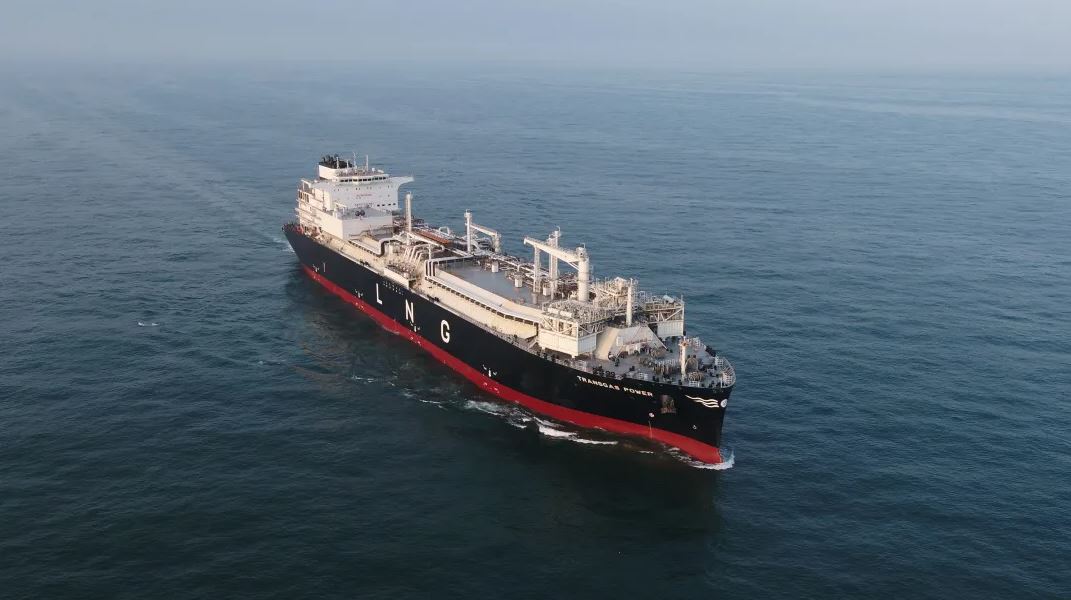Deutsche ReGas, which is developing an LNG import terminal at the German port of Lubmin, said it has signed a term sheet with French energy giant TotalEnergies under which the latter would provide an FSRU for the project.
The two firms signed the deal on Wednesday, according to a statement by Deutsche ReGas.
Deutsche ReGas said the FSRU “German Baltic Sea” would start delivering about 4.5 billion cubic meters per year from December 1.
Lubmin is the exit point for the German-Russian gas pipelines Nord Stream 1 and 2.
“TotalEnergies supports Germany in terms of European cooperation on its way to independence of Russian natural gas,” the statement said.
The German firm led by Ingo Wagner and Stephan Knabe said it could install two additional FSRUs to add more regasification capacity while its plans also include hydrogen.
Due to shallow waters at the location in Greifswalder Bodden, Deutsche ReGas plans to install a floating storage unit where LNG tankers with a capacity of up to 170,000-cbm would be able to dock.
From there, smaller vessels would transport the fuel to the FSRU, according to the firm.
It also said that this unit is not connected to the four FSRUs RWE and Uniper chartered on behalf of the German government.
These vessels include the two units RWE chartered from Hoegh LNG, and the Dynagas-owned 174,000-cbm Transgas Force and Transgas Power that will go on charter to Uniper.
Uniper has already started building the country’s first LNG facility in Wilhelmshaven and expects to commission it this winter.
Works on the Brunsbuettel FSRU-based LNG import terminal are also moving forward with the award of pipeline contracts.
Besides these FSRUs, German energy firm E.ON has joined forces with Belgium-based Tree Energy Solutions (TES) and France’s Engie to deploy another unit in Wilhelmshaven.
Should all these projects materialize, at least six FSRUs would serve Germany in the future.

